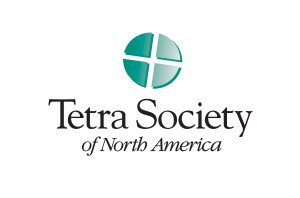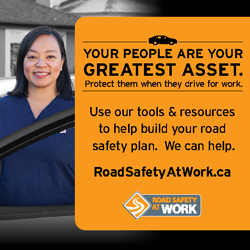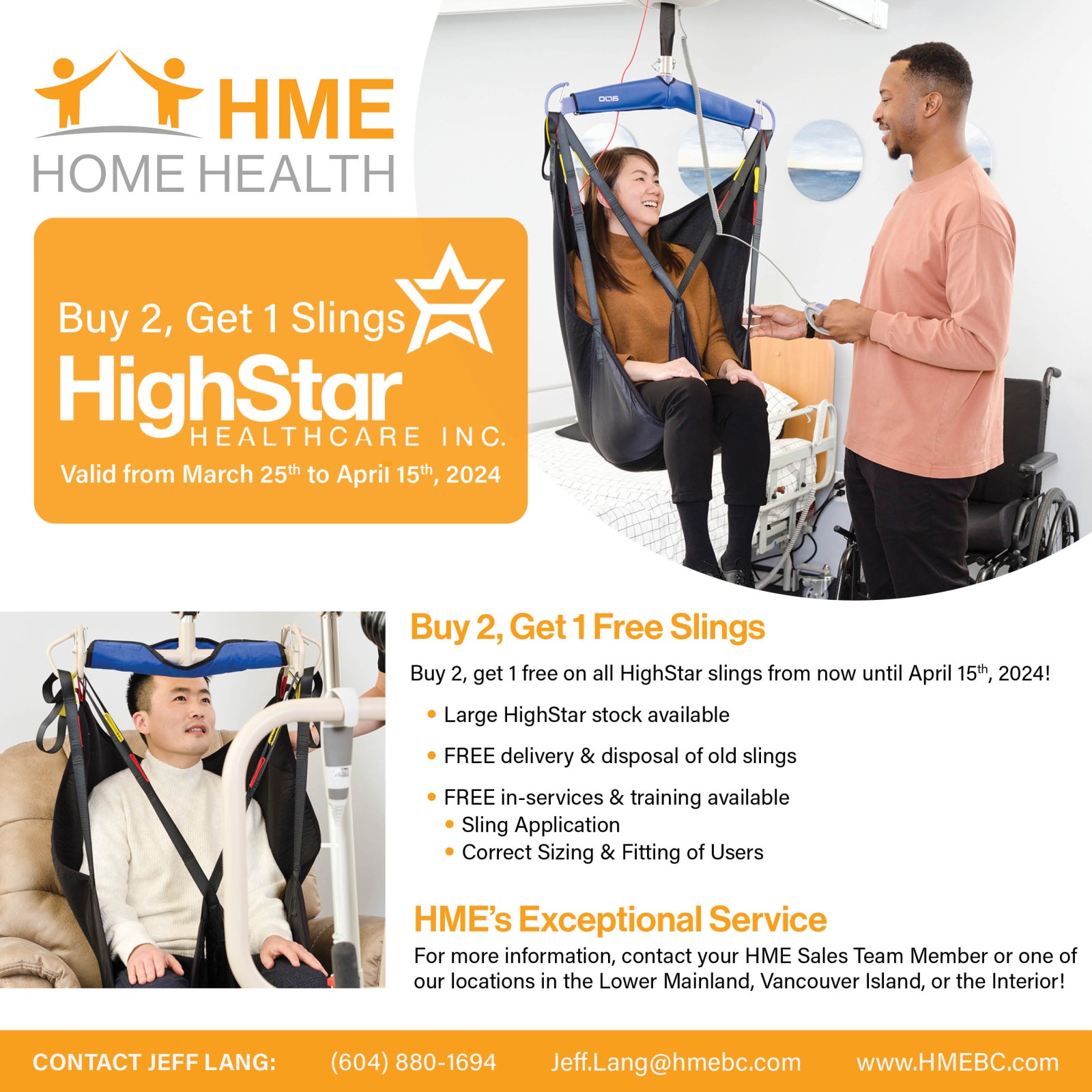Seniors are the fastest growing population segment in Canada and the United States. According to Health Canada, 4.2 million Canadians are 65 or older. By the year 2035, that number will double to almost nine million people, representing nearly one-quarter of Canada’s population.
Many seniors are people with acquired disabilities. Everyone experiences a decline in physical function as a natural part of the aging process. This can be due to arthritis, lower back pain or numerous other causes.
If you are a care aide working in the field of home support, you may get asked what types of resources are available to help seniors reside in their home longer and maintain their independence. That’s where a BC based organization called Tetra can play an important role. 
Tetra Society Provides Help For Seniors
Tetra clients can be anyone. They can be infants or seniors or anyone in between. As well, levels of disability can vary greatly from client to client. No challenge given Tetra’s legion of volunteers is deemed too great or too small. The goal is always to reduce societal and environmental barriers and to create increased independence.
Tetra’s assistive device projects tackle barriers to mobility, personal care and communications. They facilitate education, work and recreation. They provide increased access within households – kitchens, bedrooms and bathrooms – and other environments, such as vehicles or places of business. In short, assistive devices created by Tetra focus on improving quality of life.
While Tetra operates 45 chapters throughout North America, the services and talents of their 300-plus expert volunteers are available to everyone. Information on past projects is shared system-wide; expertise is shared and requests for assistive device projects can even be filled remotely if someone lives in an area not served by a Tetra chapter. Since inception, Tetra has completed over 5,000 projects.
Care Givers Play Important Role
Tetra recruits skilled technical volunteers to create assistive devices for people with specific needs that cannot be met through commercial items. Everything created through Tetra is unique, custom-made for one person’s particular needs. The work is performed by volunteers usually within the client’s own community.[quote name=”Tetra Society” pull=”left”]Not all Tetra projects are instigated by the recipient. We work with care givers and family members who recognize a special need[/quote]
The organization’s skilled, screened volunteers – engineers and technicians – will work with the client and their caregivers to ensure the most professional, safest solution is reached.
Tetra engineers do not judge, assess or advocate for clients. They perform one function: to devise and create a suitable device (or modification to an existing item) that can enable someone to overcome a particular barrier.
This is done with the minimum of paperwork. For example, Tetra does not require clients to provide written medical information – although all projects should be instigated by completing the online Request For Assistance form (the same form that is used by clients if they are applying on their own). There is a print version of this, as they find many health professionals like to keep documentation for their own records.
Volunteers are directed not to clone or copy existing commercial devices. Tetra exists to fill needs when off-the-shelf solutions are not available.
Tetra’s services are offered at no charge – no upfront fees, call-out charges, hourly rates or membership dues. However, clients are asked, whenever possible, to contribute to their volunteer’s materials and mileage expenses. This is something that will be discussed before any costs are incurred and is generally of a modest nature.
Tetra Works With Anyone Facing a Physical Disability
Many seniors believe – quite mistakenly – that Tetra exists only to serve people with spinal cord injury. Tetra works with people with physical disabilities, without regard to the reason for their disabilities.
Over the years, Tetra volunteers have created many devices for seniors, enabling people to maintain their independence. Devices can be related to the home, mobility or any leisure pursuit.
Helping to Overcome Potential Barriers
Identify a challenge you want to overcome, then contact Tetra – either through your local coordinator or directly at head office.
One of their volunteers will contact you to discuss your ideas and work with you to make sure the project meets your requirements.
You will not be billed for the volunteer’s time – just asked to repay (if possible) materials and mileage costs. Check out the YouTube video below to see for yourself what kind of devices they can create!




